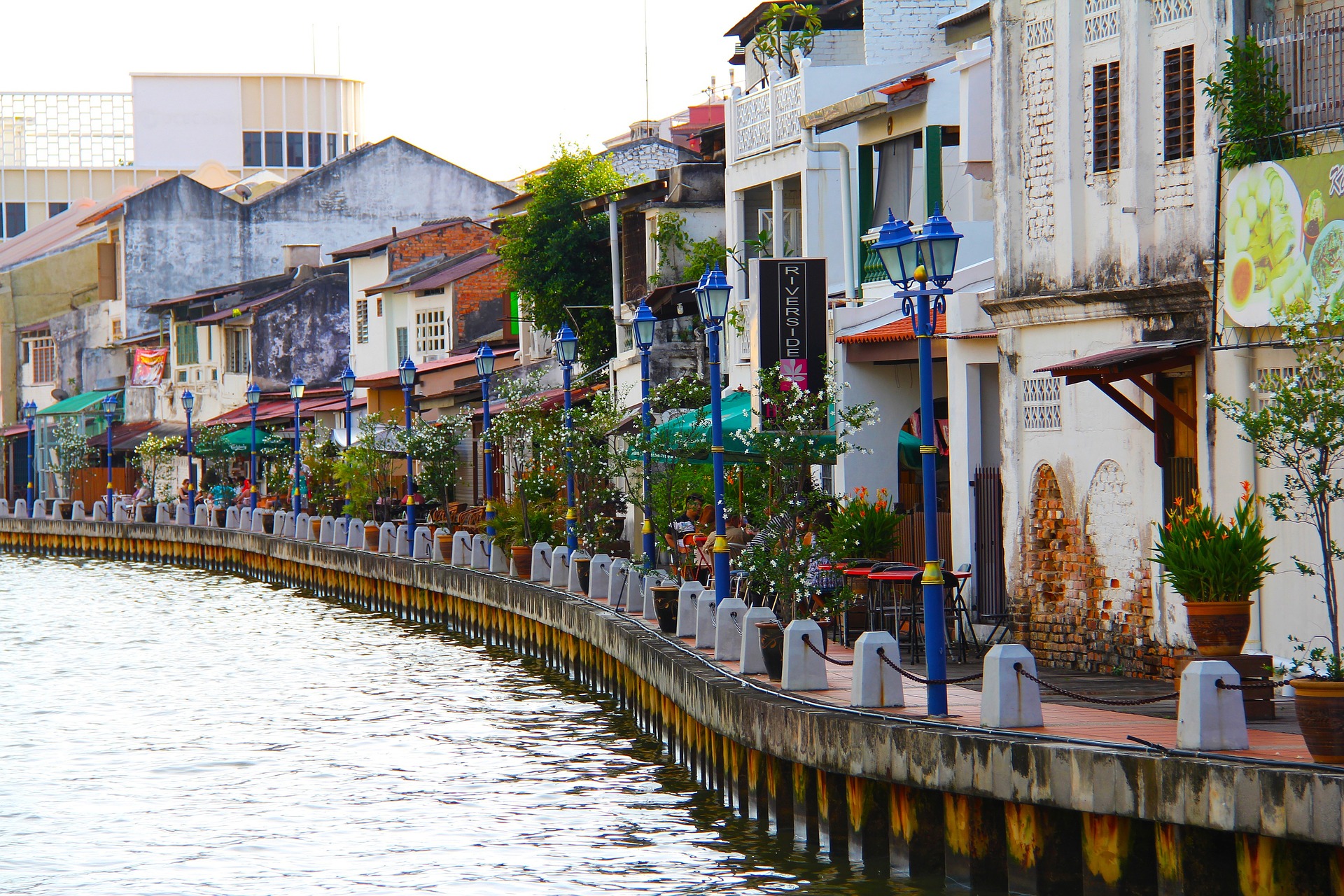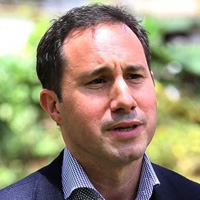Expert explains why Melaka should obtain a credit rating
13 May 2019 UNIDO

The Global Platform for Sustainable Cities has issued a report which calls for the State and the City of Melaka to obtain a credit rating – an assessment of the creditworthiness of any entity that seeks to borrow money. The Melaka Sustainability Outlook Diagnostic: Pathway to Urban Sustainability, as the report is called, will inform the next update of Melaka’s State Structure Plan and contains several recommendations to improve the region’s sustainability. Melaka City (also spelled Malacca) is the capital of the coastal state of Melaka, in southwestern Malaysia.

Joshua Gallo, Head Investment Coordinator at the United Nations Industrial Development Organization and former Senior Municipal Finance Specialist at the World Bank, discusses how obtaining a credit rating can help cities tackle the lack of funding for sustainable infrastructure projects.
How are cities going to invest in the infrastructure they need for the future? Is there enough money available?
The good news is that money is certainly available. The bad news is that it’s just not yet available to cities. The global investment industry has assets worth well in excess of US$100 trillion. These resources are looking for exactly the types of investments cities need money for, such as large infrastructure projects. But in order to tap into those resources, cities need to prove they are creditworthy. That is where they are failing. Currently, only about 4 percent of cities in middle and low-income countries are creditworthy. That is a very small fraction. This is why the huge resources that could be available to cities cannot be accessed.
How can cities, especially those in poorer countries, attract investment from the private sector?
Private investors want to invest in cities which are considered creditworthy. That means they need to be assessed “investment grade” by rating agencies, which is a level of credit rating regarded as carrying a low risk to investors. Happily, becoming creditworthy follows a straightforward path. It’s not an easy path, but it’s very clear. There are no shortcuts, but there are no secrets either.
Even cities in very poor countries have been able to achieve creditworthiness, sometimes in relatively short periods of time, but it required a lot of determination. My favourite example is Kampala, Uganda, a city that started pretty low on the development ladder and yet was able to reach investment grade creditworthiness in less than five years.
The immediate advantage is that, as cities improve their financial management to become creditworthy, they become more efficient with the use of existing resources. Not only does this help cities free up resources for other urgent needs, but it can help create local buy-in for following through, in the medium term, on the process to becoming creditworthy, further positioning cities financially and strategically for private sector investment.
What must cities do in order to become creditworthy?
The first step is strategic: to shift away from depending on the central government and to realize that the future of cities is in the hands of cities. This means strengthening cities’ own-source revenues, identifying new sources of revenues, having a firm grip on expenditures, improving cities’ financial performance, planning energy-efficient and resilient investments, being innovative but also realistic on financing mechanisms available to cities. Ultimately it is about engaging with the investment community, understanding its perspective and meeting its expectations – not in a subordinate role, but as a long-term business partner, with the objective of achieving sustainable growth as a result.
Will Melaka follow the study’s recommendation and pursue a credit rating?
Both the State and the City of Melaka have agreed with UNIDO that they will undergo a formal rating assessment with UNIDO’s support. This is an important milestone because the two entities will obtain an independent rating on their risk of default. Depending on the result of these assessments, they could be much closer to tapping capital markets to finance future infrastructure projects, without relying on a sovereign guarantee. By undergoing a credit rating assessment, the two entities will also demonstrate they are transparent, reform-minded, and eager to engage with public-private partners, domestically as well as internationally. Finally, the credit rating will establish a baseline against which the State and the City of Melaka will benchmark future progress.
Another important recommendation from the report is for the City of Melaka to complete a climate-smart capital investment plan. The City has indicated its willingness to pursue this objective, and UNIDO is coordinating with local and national stakeholders, as well as development partners, to raise funds for this work.
How does your work at UN Industrial Development Organization help cities address their challenges in accessing finance?
UNIDO is uniquely positioned to assist cities as they reach out to capital markets. In very practical terms, UNIDO can help cities assess their position relative to creditworthiness, it can assist them devise an action-plan toward that goal, as well as support them step by step as they implement that plan. UNIDO can also advise with the identification, preparation and financial structuring of investment projects.
The Melaka Sustainability Outlook Diagnostic: Pathway to Urban Sustainability is an initiative under the project “Sustainable City Development in Malaysia,” which is being implemented by the United Nations Industrial Development Organization, executed by Malaysian Industry-Government Group for High Technology, and supported by the Global Environment Facility.